Published
- 04:00 am
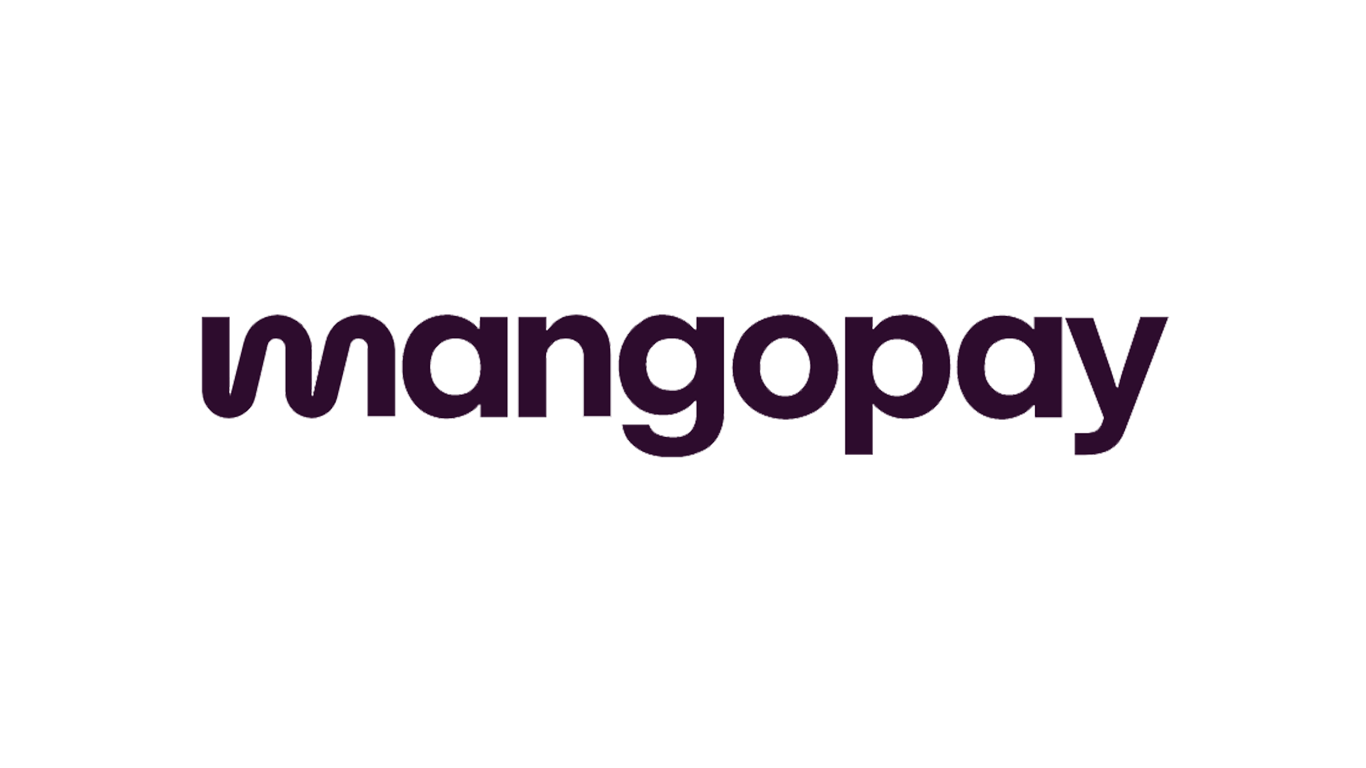
Mangopay, the platform-specific payment infrastructure provider, has been named as “Best Platform and Marketplace Provider” at the Merchant Payments Ecosystem (MPE) Awards that took place in Berlin from March 28th to March 30th.
The “Best Platform and Marketplace Provider” award is given to the organisation offering the best, most comprehensive, most useful solution that supports merchants or other players in the merchant payments ecosystem - such as banks, PSP, service providers, consumers - with solutions in any area of the ecosystem. These criteria are evaluated by a panel of independent expert judges, including Managing Director of Payments Cards and Mobile Magazine, Alex Rolfe, Partner of FS Technology, Payments & Value Creation at EY, Simon Burrows and Managing Director of The Paypers, Melisande Mual.
MPE is one of the leading European merchant payments event for industry innovation. Each year, it brings together more than 1,300 experts, and companies redefining the merchant payments ecosystem. Uniquely focused on merchant payments, MPE connects merchants with acquirers, PSPs, POS SW and HW vendors, established companies, as well as start-ups from more than 40 countries.
By winning “Best Platform and Marketplace Provider”, Mangopay has been recognised for its leading payment infrastructure for platforms and marketplaces. Since day one, Mangopay has worked to develop a modular payment infrastructure that can be customised according to the platform's specific needs. The company is dedicated to powering the payment infrastructure and payment operations of the world's biggest and most exciting marketplaces and platforms so they can build, operate and evolve the payment stack they need to succeed.
Zineddine Izeboudjene, Head of Sales UK & Ireland, Mangopay, comments: “We are very proud to be recognised as Best Platform and Marketplace Provider by MPE. This recognition rewards our vision and the energy we put into building the most comprehensive payment environment to suit each marketplace and platform's needs. This is a shared, company-wide award. It represents the daily hard work we do in every aspect of the business and how we devote ourselves to designing, building, marketing, selling and operating the most effective payment platform for global marketplaces and platforms.”
Related News
- 05:00 am
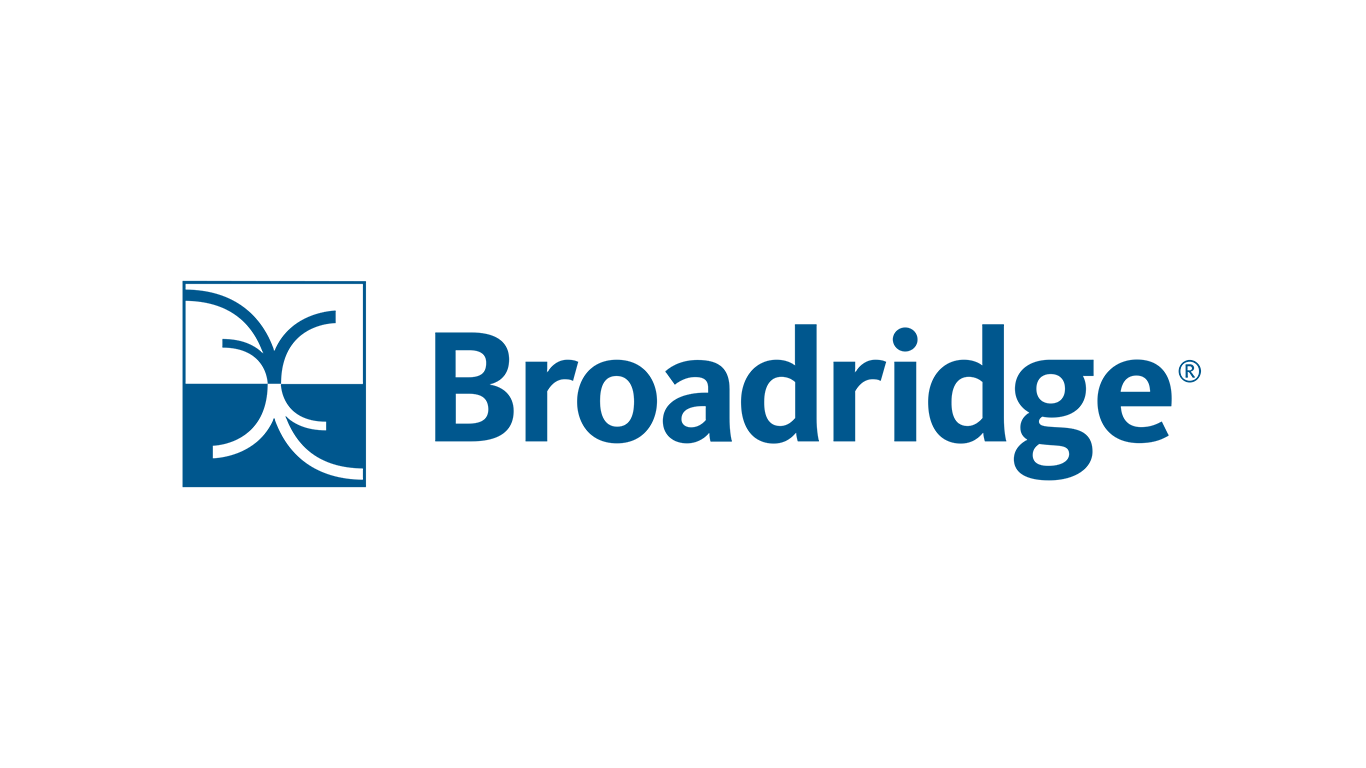
Investor Communications Japan (ICJ), a joint venture by global Fintech leader, Broadridge Financial Solutions, Inc., and the Tokyo Stock Exchange Inc., announced today that they agreed to launch a new digital vote execution service that significantly accelerates end-to-end automation of proxy voting to Japanese issuers.
The new service expansion will increase voting participation by international investors and enable the Japanese market to improve corporate governance practices:
- Participating listed companies will be able to obtain greater transparency of the voting intentions of investors.
- Local sub-custodians will be able reduce risk and complexity from their operations.
“We continue to use our global expertise to ensure the ICJ platform provides market-leading solutions to improve the proxy voting life cycle for corporate governance events,” said Shigeo Imakiire, ICJ President. “Japanese issuers participating in ICJ are providing institutional investors with faster access to meeting materials, expanded voting deadlines and accelerated voting capability.”
In the 2022 Japan proxy season, 1,654 companies listed on the Tokyo Stock Exchange participated in the ICJ platform, representing 90% of the companies in that market and 98% by market capitalization. Foreign institutional investors represented 81% of the total number of voting rights held by foreign institutional shareholders.
“This service evolution means all international investors and local sub-custodians will benefit from its innovative and digitized e-voting service, driving efficiency and delivering greater transparency to both issuers and investors” said Demi Derem, managing director, International Solutions Banks, Brokers, and Dealers at Broadridge Financial Solutions. “ICJ has significantly improved corporate governance practices in Japan since its inception in 2004 and this new service offering is the latest example.”
“This new service should further strengthen the dialogue between shareholders and listed companies, as well as improve operational efficiency for all parties involved,” said Yasuyuki Konuma, Executive Vice President, Tokyo Stock Exchange. “We believe digital transformation in capital markets will improve productivity and promote growth in Japan.”
Related News
- 05:00 am
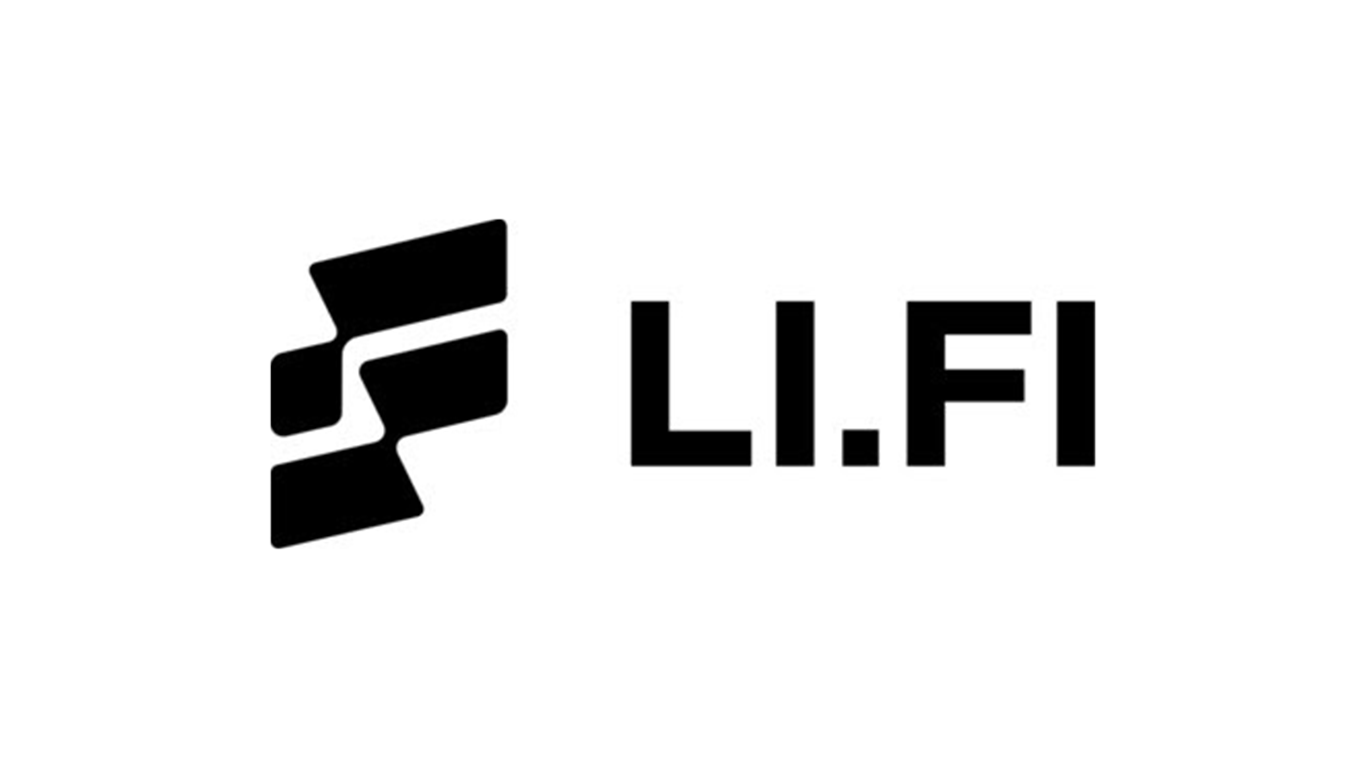
LI.FI, the leading multi-chain liquidity and data gateway, announced today that it has raised more than $17 million in a Series A fundraise co-led by CoinFund and Superscrypt.
The round, which totalled $17.5 million, also includes participation from Bloccelerate, L1 Digital, Circle, Factor, Perridon, Theta Capital, Three Point Capital, Abra, and nearly 20 angel investors.
"This fundraise is vital to enabling us to execute our vision of a multi-chain future," said Philipp Zentner, CEO at LI.FI. " Our goal is to enable access to any token and order flow across any chain, trading on any venue, in a seamless manner that helps bring the next one billion users to Web3."
LI.FI abstracts away the most crucial financial infrastructure to move in and out of any position on any chain — the one gateway to access all decentralized finance (DeFi), which helps traditional finance (TradFi) save valuable go-to-market time, research, integration, and maintenance overhead, to avoid sunk costs in this fast-changing infrastructure environment for developers working on projects including but not limited to dApps, Web3 & other protocols.
This raise comes after recent research from Bernstein revealed that many market experts believe finance is headed toward a "bank-free, decentralized future" that will see decentralized finance (DeFi) become "a trillion-dollar asset pool with over $40 billion in revenue by 2028." The report went on to say that a "far more sustainable, scalable, transparent [business] with improving token economics," will see a revival of the industry.LI.FI is in prime position to lead this charge.
"We are thrilled to partner with Philipp, Max and the LI.FI team for the journey ahead, and to join the company board," said Einar Braathen, Investor, CoinFund. "Philipp and Max are a special breed of founders with incredible vision and execution capabilities; they've effectively created a new category in bridge and liquidity aggregation and produced phenomenal early growth, despite the bear market."
The proceeds from this fundraise will be used to accelerate development of LI.FI's offering across more blockchains, decentralized exchanges (DEXs), cross-chain bridges, and more; and also to bolster sales, business development, marketing, and other capabilities; as well helping to better bridge the gap between traditional finance (TradFi) and DeFi in meaningful ways that help on-board these institutions to the financial markets of the future.
LI.FI has quickly become a leader in cross-chain liquidity aggregation, quickly rising to handle more than 96% of all cross-chain swap activity on MetaMask, according to data supplied by Dune, in just six months. Additionally, LI.FI recently launched Jumper.Exchange, a cutting edge multi-chain exchange interface that enables qualified users to swap virtually any asset for any other asset, with just one click.
"As we welcome an increasing number of builders and users to Web3, infrastructure to abstract away cross-chain transactions and liquidity aggregation is critical for adoption," said Braathen. "LiFi has a unique position as not only the go-to place for consumers for cross-chain transactions, but also the first stop for developers and traditional financial institutions. Powering cross-chain transactions for the largest organizations in the industry, such as Metamask and Circle, is a testament to the quality of the team and the product."
LI.FI also will introduce later this year at the IEEE's International Conference on Blockchain and Cryptocurrency Cross-chain Workshop in Dubai a proposed cross-chain framework meant to provide a high-level systematic overview of the security risks in cross-chain protocols by identifying, classifying, and analyzing the risk elements inherent in the design, implementation, and operation of such infrastructure. This framework was created in collaboration with ConsenSys, with a goal of providing a general toolkit for reasoning about cross-chain protocols.
Related News
- 02:00 am

Experian Boost data will now be included in Virgin Slyce’s credit card decisioning process - giving Boost users more repayment flexibility as the cost-of-living challenges continue to impact their lives. Regardless of whether consumers apply for a Virgin Slyce credit card through Experian, Virgin Money, or any other third-party site, their boosted Experian credit scores will be considered.
Experian Boost is the UK’s first service to help consumers improve their credit scores using transactional information like total current account incomings and outgoings, as well as regular payments to digital streaming providers, savings accounts, and council tax. The partnership with Virgin Slyce further supports Experian’s mission to improve financial inclusion for consumers, as Boost users will have access to even better credit options and repayment plans.
Customers can connect to Experian Boost via Open Banking1, voluntarily adding new, relevant, and real-time information to take control of their credit score. Virgin Money Slyce, an innovative way to ‘buy now, pay better’, was launched in November 2022 and will help Boost customers manage their money in a way that works for them whilst also building their credit scores.
The card allows customers to spread any monthly spend over £30 across 3, 6, 9, or 12-month repayment plans, and paying back in 3 or 6 months is fee-free. Longer payment plans from 9-12 months have a 7.5-10% instalment fee. The new partnership means those with under 800 points who wouldn’t have been eligible for the card can use Boost to help increase their chances.
Sigga Sigurdardottir, Managing Director, Consumer Services at Experian, said: “The addition of Virgin Money Slyce is yet another positive step towards allowing more Boost users to improve their credit worthiness and access the right financial products for them. As the increased cost of living continues, it’s important for us to provide consumers with access to the best possible credit options.
“Experian Boost launched to help make affordable credit more inclusive, so we’re glad that our partnership with Virgin Money Slyce is building on our commitment to providing
that opportunity for consumers across the UK.”
Jayne Sutherland, head of commercial strategy and propositions at Virgin Money, said:
“We believe that people deserve credit that’s simple, manageable and rewarding, helping to boost their credit score as they battle the cost-of-living crisis to build for the future. We’re proud to partner with Experian Boost on Virgin Money Slyce to help more people discover and benefit from this brilliant and fresh alternative to traditional BNPL providers, and instead pay in a way that best suits them.”
Related News
- 07:00 am

The international payment service provider Computop will in future handle the payment processing of Toll Collect customers' truck tolls. The company, headquartered in Bamberg, Germany, has won the Europe-wide tender for "technical services in electronic payment transactions" of the operating company Toll Collect GmbH.
Toll Collect has transferred more than 85 billion euros to the federal budget since the start of the HGV toll in 2005. Around 85 per cent of the revenue is currently collected on the basis of card payments. This business will be completely migrated to Computop by 2024. Customers can log in via the automatic procedure using the on-board unit, the customer portal www.toll-collect.de or the Toll Collect app. The payment process is exclusively digital.
26 FLEET CARDS MAKE UP THE MAIN SHARE
Computop has already been involved in the payment processing of the HGV toll since 2016, and for the implementation of the new contract, it is linking up a further 16 European fleet cards to the 10 already existing ones. This portfolio covers around 95 per cent of the entire fleet card market. In addition, there is a payment option via the relevant credit cards. Toll Collect expects a total volume of around 240 million transactions per year.
The new contract with Computop will initially run for four years and includes an option to extend. Computop is Toll Collect's prospective partner for the future integration of further e-commerce payment methods.
Ingo Knütter, Project Manager Payment, Toll Collect: "With payment processing through Computop, we are creating modern processes for our customers, around 225,000 transport and logistics companies from more than 40 countries, with around 1.2 million trucks. Based on the good experience we have had working with Computop for more than five years, we are looking forward to further developing frictionless payment together."
Stephan Kück, Managing Director of Computop, added: "Through the deepend cooperation with Toll Collect, we will significantly expand our offering in the area of toll, fleet cards and mobility. The transaction volume represents pleasing growth for our payment platform Computop Paygate. With the announced extension of the HGV toll to vehicles over 3.5 tonnes, we expect volumes to increase further."
The plan is for the following fleet cards to be integrated into the Computop Paygate payment platform by the end of 2024:
American Express
Eurowag
Ressa
Aral / BP
FDE
RMC ServiceCard
AS24 / Total Energies
Global Star
Statoil
DKV
Hoyer Card Europe
SVG
E100
LogPay
TND
ENI / Agip
Mercedes Service Card
Trasposervizi
Esso
Multiservice
UTA
Euroshell
OMV
Vialtis
Eurotoll SAS
Plose
Related News

Mashum Mollah
CEO at Blogmanagement.io
Investing in cryptocurrency has become an increasingly popular endeavor for investors worldwide. see more
- 01:00 am

PureFacts Financial Solutions, a leader in revenue management, enterprise reporting, and insights solutions for the asset and wealth management sector, announced today that is has acquired Xtiva Financial Systems, Inc. (Xtiva), the global leader in sales performance and incentive compensation management software for the wealth management industry.
This acquisition marks a significant milestone in PureFacts’ growth strategy and reinforces its commitment to delivering exceptional, seamless, end-to-end revenue management solutions to its clients.
“We’re thrilled to welcome Xtiva to the PureFacts family,” said Robert Madej, Founder, and CEO of PureFacts. “From day one, we have focused on providing our clients with the most flexible and transparent solutions to make growth easier. We know that better revenue management leads to greater revenue growth, and a key piece of that puzzle is developing and managing strategic incentive compensation plans. Our best-of-breed revenue management solution gets even better with Xtiva’s impressive track record and deep domain expertise.”
The deal brings together two highly complementary organizations, with PureFacts’ extensive experience and industry-leading infrastructure for gross and net fee calculations and reporting, combined with Xtiva’s cutting-edge technology and expertise in incentive and performance compensation management.
“Joining forces with PureFacts is a natural next step for Xtiva,” said Thomas J. Moysak, CEO of Xtiva, “Our shared commitment to service excellence and technical innovation, as well as our complimentary corporate values, make this a winning combination for both of our two companies and our customers.”
Under the PureFacts umbrella, the combined company will offer clients a complete revenue management solution while continuing to deliver the same world-class service and support that has distinguished both Xtiva and PureFacts in the market. Executives on the Xtiva team, including Moysak, will join the PureFacts’ leadership team, reporting directly to Madej. The combined business will benefit from sharing best practices in operations. Leadership will work together to integrate both companies' development, back-office, and go-to-market activities.
Related News
- 01:00 am
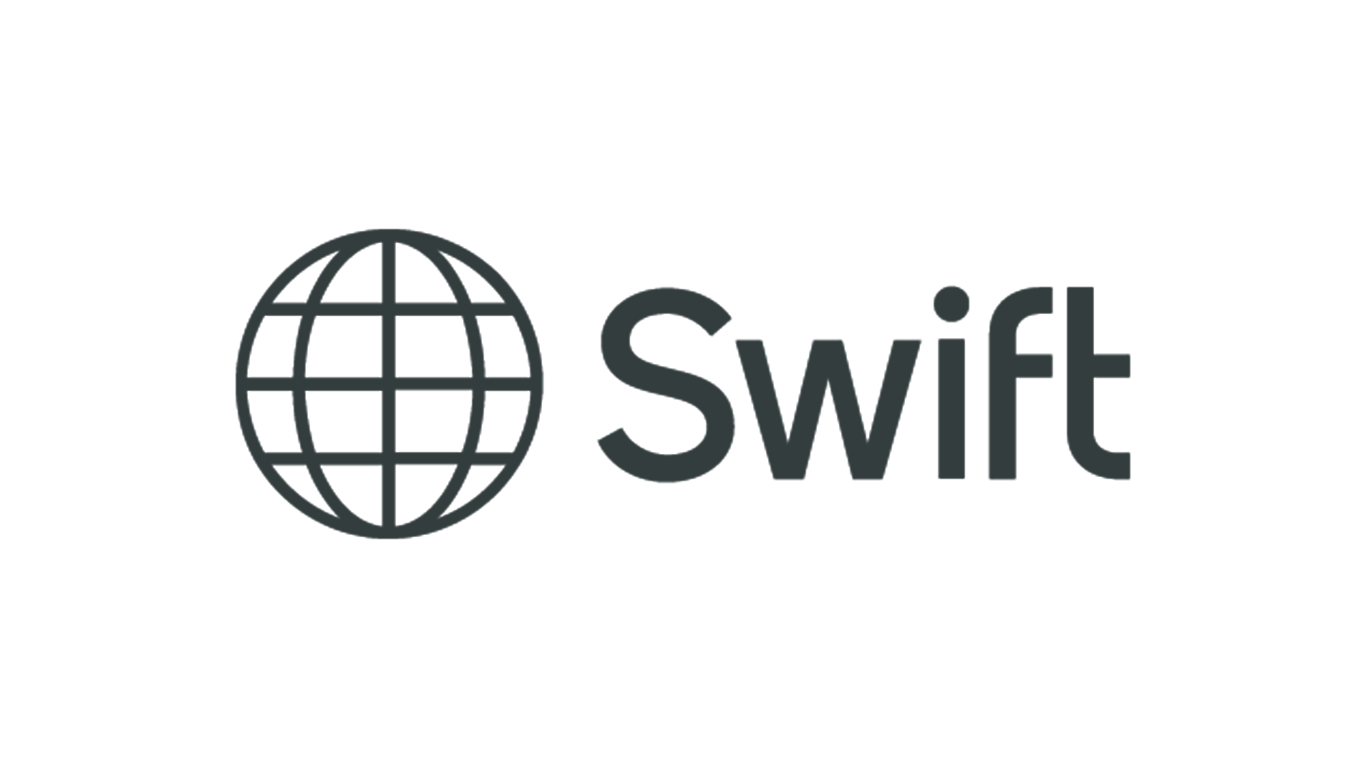
The Swift Board of Directors today announced new leadership, with the election of J.P. Morgan’s Graeme Munro as non-Executive Chair and Samantha Emery of Lloyds Banking Group as non-Executive Deputy Chair at its regular meeting this week. Munro is a Swift Board director nominated by the U.S. Swift community, and Emery a Board director nominated by the U.K. Swift community. The appointments complete a transition initiated by the retirement of the previous Board Chair in December.
Munro brings extensive experience in technology, operations and risk management across payments, securities, FX and trade finance developed over a 30-year career at J. P. Morgan. Currently, he serves as Managing Director and Chief Controls Manager for its Corporate & Investment Bank, and previously held senior leadership roles in both the bank’s derivatives operations and its payments operations, where he oversaw the execution of over $10 trillion USD in transactions daily. He has contributed to and led industry bodies convened through the U.S. Federal Reserve, Bank of England and Association of Financial Markets in Europe.
Graeme Munro, Swift Board Chair, commented: “It is an honour to be elected to serve as Chair of Swift and together with the Deputy Chair and full Board I look forward to collectively guiding its strategic evolution as a secure, resilient and innovative infrastructure supporting the global financial ecosystem.”
Emery will serve alongside Munro as the Swift Board’s Deputy Chair. Currently Director of Payments Industry and Development at Lloyds Banking Group, she has vast experience leading payment strategy and digital innovation. As well as strategy, her current role oversees industry engagement, settlement and scheme management. She is a respected change agent who also has deep expertise in regulatory frameworks, corporate governance and risk management, having previously led payments supervision and fintech strategy portfolios at the UK’s Financial Conduct Authority. Emery is a prominent industry thought leader in the U.K. market and a strong advocate for diversity, equity and inclusion across the financial industry.
Samantha Emery, Swift Board Deputy Chair, commented: “I am honoured to take on this leadership position to help the cooperative and our community maintain strong momentum as we transform the capabilities of the industry.”
Javier Pérez-Tasso, Swift CEO, commented: “Following the Board’s selection process and on behalf of Swift’s management team, I congratulate both Graeme and Samantha on their new appointments and look forward to working with them in their new capacities.”
Related News
- 08:00 am

Knowing exactly how much a cross-border payment costs is a right protected by law in the UK and the EU. However, research carried out by Wise, the global technology company building the best way to move money, shows that financial providers continue to make it difficult to find or hide fees in inflated exchange rates.
The Cross-Border Payments Regulation 2, a landmark piece of legislation that directly called for banks to enforce transparency, came into effect in 2020. This required that “all currency conversion charges are shown in a clear, neutral and comprehensible manner” ahead of making a transfer to another currency in Europe. This means that any cost needs to be disclosed.
Typically, the cost of a transaction consists of two components: an upfront fee and a currency conversion fee, included in an inflated exchange rate. The new regulation aimed to stop the latter practice and lead to increased transparency for consumers moving money across borders within Europe.
But three years in, 92% of the banks analysed by Wise exploit loopholes in the law and remain opaque about their currency conversion fees. This ambiguity represents a billion-pound bill for both consumers and businesses in the UK, who lost £5.6bn to hidden fees in 2022 alone.
Out of the 25 banks analysed, 20% don’t show any information about the exchange rate used at the moment of making the transfer. 72% show an exchange rate that is not the mid-market rate, but their own inflated exchange rate. This added mark-up is not communicated as a cost to the consumer. It is common practice in the industry to advertise low or even zero fees, while in reality banks are hiding an additional fee in an inflated exchange rate.
Only ING branches and Starling Bank are fully transparent and disclose all fees. 12% of the banks analysed show varying levels of transparency, but are not yet fully transparent: in some cases, banks calculated the real cost of the transfer but hid it behind a tooltip. In other cases, they explicitly communicated the currency conversion fee as a cost but didn’t use the mid-market rate or the exchange rate offered by the European Central Bank.
Almost half of the analysed banks (40%) are not transparent about the exchange rate used and only show either the total amount to be transferred or the upfront fee. To make matters worse, 16% of the providers are not clear about any of these parameters at all (see graph below).
This is a situation that regulators have been aware of for a while. For instance, in a letter sent to EU Member States in spring 2021, a year after the regulation came into force, the European Commission said “that some payment service providers are not disclosing the estimated currency conversion charges to payment service users” and urged national authorities to report specifically on the situation in each country.
The fact that some banks act in accordance with the Cross-Border Payments Regulation and disclose information in a clear way to their customers proves that this is an attainable goal. Transparency will allow for a truly competitive market to emerge, one where consumers hold all the power to accurately compare providers and find a deal that best suits their needs.
Magali Van Bulck, Head of EMEA Policy at Wise, explains: “Banks continue to exploit loopholes in EU regulation to mislead their customers and overcharge them through fees hidden in inflated exchange rates. Unfortunately, that’s still far too common across the UK and EU, leading to billions lost in fees.
“At Wise we celebrate that big traditional banks like ING are now implementing the rules to become fully transparent. There is no reason why other banks couldn’t do the same. Without transparency, consumers cannot compare services and fees, which reduces competition and keeps prices high.”
Related News
- 02:00 am
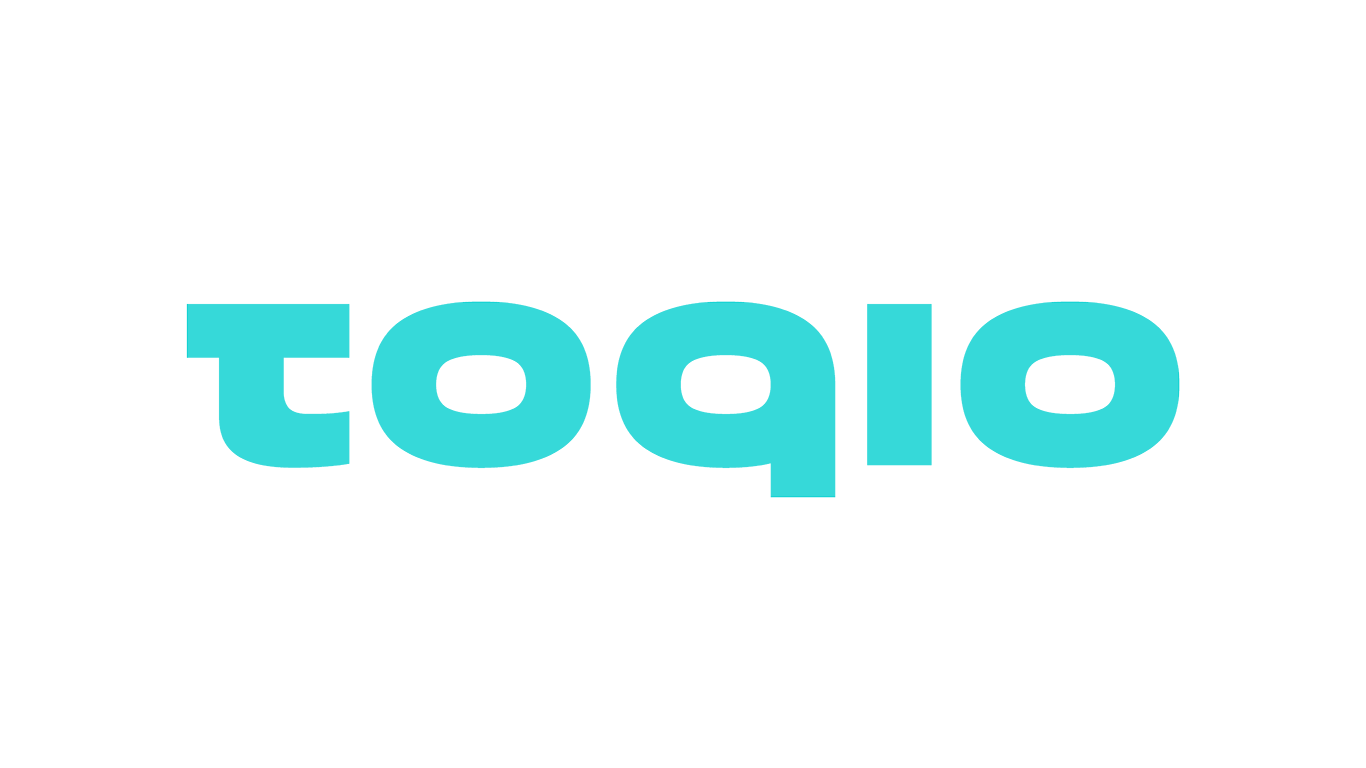
On joining the Toqio board, Gabriel de Montessus, said, “I’ve been following what Toqio has been doing for a while and am impressed with what the team has achieved so far. The company has the potential to revolutionize the fintech industry and I’m looking forward to helping the Toqio team achieve its mission of enabling the creation and delivery of embedded finance through its world-class platform.”
Eduardo Martinez Garcia, CEO and Co-Founder of Toqio, commented, “We are incredibly excited to have Gabriel lead our board! His extensive experience in financial services and scaling up highly successful businesses will be incredibly valuable to Toqio. We’re convinced that he will contribute massively to our undertaking: to become the platform of choice for companies that require an excellent and accessible embedded finance solution.”
Jay Wilson, Investment Director at AlbionVC, said: “I am delighted to welcome Gabriel to Toqio’s board. As the company secures its leadership position in the enterprise segment, his decades of financial technology experience will be invaluable. A calm hand and a steady voice, Gabriel’s support for Eduardo and the executive team will assuredly help the business. I look forward to working with him in the next phase of the company’s growth.”









